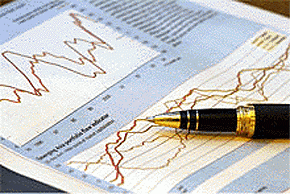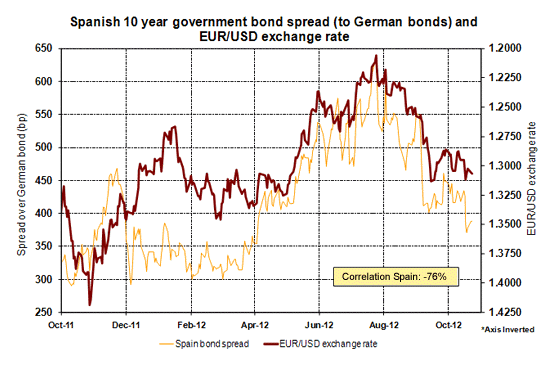
 By Roger J Kerr
By Roger J Kerr
No sustained break-out from its ever tightening trading range between 0.8150 and 0.8250 for the Kiwi dollar as yet.
It is unlikely that domestic economic events and announcements later in the week in the form of Governor Wheeler’s first OCR review (Thursday), merchandise trade data and the NBNZ Business Confidence survey will cause enough impact to break the shackles either.
Therefore, we come back to the important global drivers of the NZD/USD direction, being the Aussie dollar, commodity prices, the Euro, the Dow Jones sharemarket index and the VIX volatility index.
Chinese economic data was slightly better than expected last week; however their quarterly and annual GDP numbers do not reconcile that well, so perhaps the second quarter was not stabilising as first appeared.
Chinese manufacturing PMI’s are an increasingly important lead for commodity prices and the AUD/USD exchange rate and we have the HSBC “flash” PMI number tomorrow with full PMI figures next Thursday.
Australian CPI inflation numbers tomorrow will be influenced upwards by the one-off carbon tax changes, therefore the RBA will be “looking through” the higher headline inflation number.
I am still anticipating weaker Australian economic numbers (retail and jobs) over coming weeks/months as the price/currency shock to the mining sector in July/August works its way through the economy.
Further interest rate cuts in Australia will be inevitable in response to weaker data and the AUD will follow their interest rates downwards.
The AUD gains to $1.0480 against the USD last week and the subsequent retreat to the current $1.0320 area have yet again proven that the spikes upwards in the Aussie are peaking at progressively lower levels.
What this tells us is that currency traders and hedge funds are reluctant to be buyers of AUD’s at the higher levels and they seem to be keen sellers of the currency above $1.0400.
However, neither global sentiment nor domestic Australian data weakness has kicked in yet to propel the AUD lower below key support levels at $1.0200 (see chart).

The EUR/USD rate is holding above $1.3000 for the meantime; however there does not appear too much forex market conviction right now to take it higher.
One reason why the Euro has strengthened from the low $1.2000’s to above $1.3000 over recent weeks is due to investor/risk sentiment improving since the ECB proclaimed it would do whatever it takes to ensure the survival of the Euro.
The first stage of that process was designed to drive secondary market Government bond spreads lower for Spain, Greece and Italy i.e. lower their borrowing costs on new debt issues. The ECB has succeeded with that strategy; however one consequence of improving investor sentiment and lowering risk premiums was a strengthening of the Euro against the USD.
A stronger Euro is not what the Euroland economy wants or needs, so the second stage of ECB Governor, Mario Draghi’s master plan is to weaken the EUR/USD exchange rate back to $1.2000.
He will achieve this by cutting official interest rates again.
Weaker data in the German economy will have the Germans supporting such a move, whereas six months ago the Germans were probably more worried about higher inflation than faltering economic growth.
The European economy is in recession, they require a lower currency value to help them recover.
------------------------------------------------------------------------------------------------------------------------------
To subscribe to our daily Currency Rate Sheet email, enter your email address here.
------------------------------------------------------------------------------------------------------------------------------

* Roger J Kerr is a partner at PwC. He specialises in fixed interest securities and is a commentator on economics and markets. More commentary and useful information on fixed interest investing can be found at rogeradvice.com
No chart with that title exists.

We welcome your comments below. If you are not already registered, please register to comment
Remember we welcome robust, respectful and insightful debate. We don't welcome abusive or defamatory comments and will de-register those repeatedly making such comments. Our current comment policy is here.